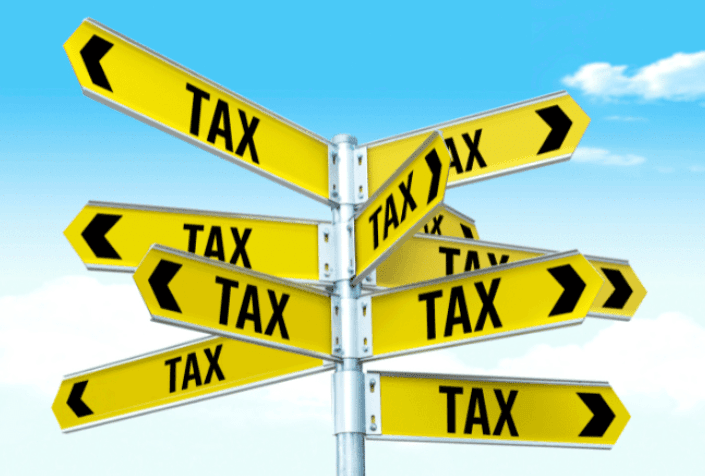Portugal’s tax system is often viewed as one of the most structured within the European Union.
For expatriates and business owners, understanding its framework is essential to remain compliant and avoid unnecessary penalties.
The Portuguese tax authority is known as Autoridade Tributária e Aduaneira (AT), which regulates income tax, corporate tax, and VAT.
One of the most common obligations for individuals is the IRS (Imposto sobre o Rendimento das Pessoas Singulares), equivalent to personal income tax.
Rates are progressive, ranging from 14.5% to 48%, depending on income brackets.
Businesses, on the other hand, fall under the IRC (Imposto sobre o Rendimento das Pessoas Coletivas), Portugal’s corporate tax.
The standard corporate tax rate is 21%, though reduced rates may apply for small and medium-sized enterprises (SMEs) under specific conditions.
Expats often benefit from the Non-Habitual Resident (NHR) regime, which grants favorable tax treatment for a period of ten years.
This is especially attractive for professionals and retirees relocating to Portugal, as certain types of income may be taxed at a flat rate of 20% or even exempt.
VAT (IVA) is another crucial part of the Portuguese tax system.
The standard rate is 23%, but reduced rates of 13% and 6% apply to essential goods and services.
Businesses are required to register for VAT once they surpass the annual turnover threshold.
To comply, both individuals and companies must file annual tax returns online through the official AT portal. Late submissions or misreporting can lead to strict fines. As such, maintaining accurate records and seeking professional advisory services is highly recommended.
Portugal’s tax system may appear complex at first, but with proper planning and guidance, expats and businesses can take advantage of incentives while remaining compliant. Understanding the structure is the first step towards making informed financial decisions in Portugal.
